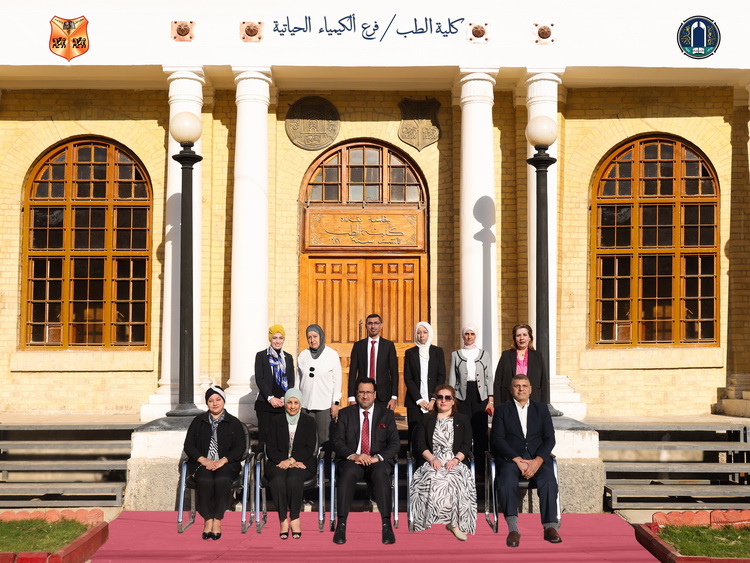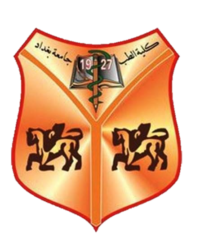
In 1927 and 1928, the teaching of Chemistry and Physiological Chemistry began since the establishment of the college. It became an independent branch since the college's inception. Initially, foreign professors from Britain and the Netherlands, such as Professor Kamenga from the Netherlands, Professor Duxon from Britain, and the last one being Professor Rosbeck from the Netherlands, served as instructors and heads of the branch. Professor Rosbeck remained in Iraq until the late 1960s when Iraqi professors took over.
The branch made relentless efforts to raise the scientific level. It was one of the pioneers in opening postgraduate studies, initially at the diploma level in the field of Clinical Chemistry. Later, Master's and Ph.D. programs were introduced, and a significant number of graduates were distributed among various colleges within the country and laboratories of the Ministry of Health.
The postgraduate studies at the branch led to an increase in the number of scientific research papers published, some of which were in international journals outside the country.
The branch teaches Medical Chemistry and Biological Chemistry to medical students in the first and second stages, both theoretically and practically. The aim of the study is to familiarize students with chemical and biochemical reactions that occur in the human body, as well as to introduce them to various changes that can aid in the understanding and diagnosis of various diseases.
One of the main responsibilities of the branch is to teach postgraduate students, both Ph.D. and Master's, since 1984 until now. The branch continues to perform this task with dedication and efficiency. Highly competent professors supervise the theses and dissertations of the students.
Additionally, several branch professors deliver lectures to postgraduate students at the Iraqi Council of Medical Specializations and also supervise their research projects. They also supervise postgraduate students in other colleges outside the College of Medicine.
Preparing students for preliminary and postgraduate studies scientifically and informing them of the clinical and applied life chemistry sciences as an important and essential part of the integrative curriculum
- Provide the basic knowledge for understanding chemical reactions in the human body.
- Explains the importance of biochemistry in medicine in an applied way.
- Enhancing the scientific ability of the future doctor to choose the best strategy for diagnosing and treating patients by linking clinical information with the results of laboratory analyzes.
- Integration of modern clinical chemistry technology with basic examinations
- See the latest scientific developments in research projects to provide the necessary knowledge for chemists and harness this research to serve the community.
Academic Staff – Department of Biochemistry
For a complete and regularly updated list of faculty members in the Biochemistry department, please visit the University of Baghdad Biochemistry Repository .

